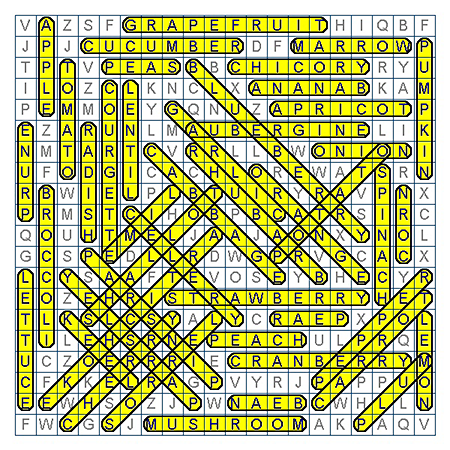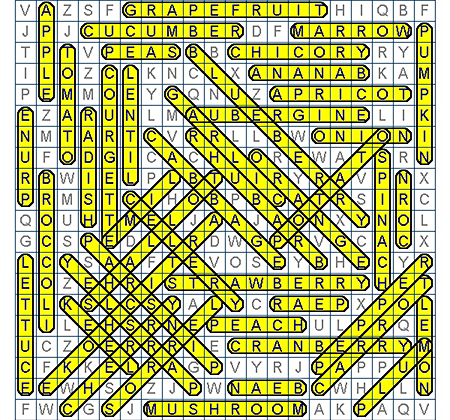

Paper: Discretionary interleaving and cognitive foraging
| (…) we make search in our memory for a forgotten idea, just as we rummage our house for a lost object. In both cases we visit what seems to us the probable neighborhood of that which we miss. We turn over the things under which, or within which, or alongside of which, it may possibly be; and if it lies near them, it soon comes to view. |
| William James (1890), The Principles of Psychology, p. 654 |
Stephen J. Payne, Geoffrey B. Duggan, Hansjörg Neth
Discretionary task interleaving: Heuristics for time allocation in cognitive foraging
Abstract: When participants allocated time across 2 tasks (in which they generated as many words as possible from a fixed set of letters), they made frequent switches. This allowed them to allocate more time to the more productive task (i.e., the set of letters from which more words could be generated) even though times between the last word and the switch decision (“giving-up times”) were higher in the less productive task. These findings were reliable across 2 experiments using Scrabble tasks and 1 experiment using word-search puzzles. Switch decisions appeared relatively unaffected by the ease of the competing task or by explicit information about tasks’ potential gain. The authors propose that switch decisions reflected a dual orientation to the experimental tasks. First, there was a sensitivity to continuous rate of return — an information-foraging orientation that produced a tendency to switch in keeping with R. F. Green’s (1984) rule and a tendency to stay longer in more rewarding tasks. Second, there was a tendency to switch tasks after subgoal completion. A model combining these tendencies predicted all the reliable effects in the experimental data.
Keywords: Discretionary interleaving, time allocation, information foraging, heuristics, memory search, multitasking, task switching, self-interruption.
Reference: Payne, S. J., Duggan, G. B., & Neth, H. (2007). Discretionary task interleaving: Heuristics for time allocation in cognitive foraging. Journal of Experimental Psychology: General, 36 (3), 370–388. doi:10.1037/0096-3445.136.3.370
Related: Foraging for alternative options | Juggling multiple tasks
Resources: Download PDF | Google Scholar
Comments are Disabled